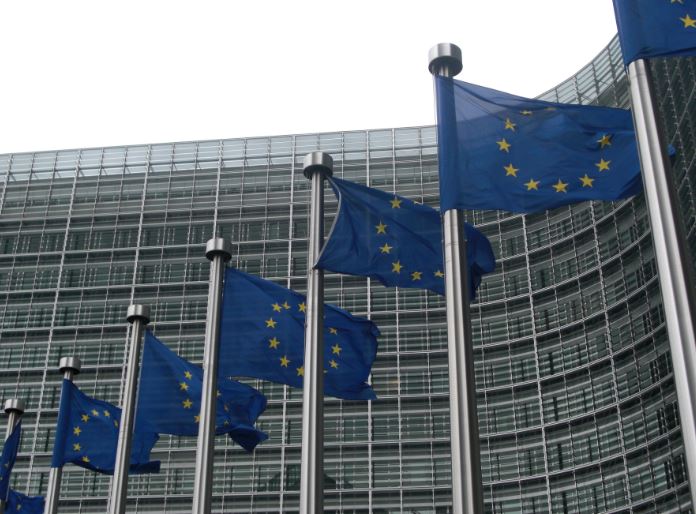
European Union policymakers have agreed a sweeping set of new “world first” rules for ecommerce platforms and search engines that will drastically change how they do business and interact with other traders on their marketplaces.
The new rules will instrumentally affect how companies rank products: “According to the new transparency rules platforms must exhaustively disclose any advantage they may give to their own products over others,” the agreement states
“They must also disclose what data they collect, and how they use it – and in particular how such data is shared with other business partners they have. Where personal data is concerned, the rules of the GDPR apply,” the EU determined.
Explain How You Rank Items
“Marketplaces and search engines need to disclose the main parameters they use to rank goods and services on their site, to help sellers understand how to optimise their presence. The rules aim to help sellers without allowing gaming of the ranking system.”
The terms of the rules were agreed by the European Parliament, the Council of the European Union and the European Commission late last night. They described them as “the first-ever rules aimed at creating a fair, transparent and predictable business environment for businesses and traders when using online platforms.”
Conflict Resolution
Currently there is no obligation for digital platforms to have established pathways for conflict resolution; this has left many sellers with no clear means to appeal or resolve any complaints they have with platforms.
The new rules mandate that platforms must build internal complaint-handling systems that work with businesses to remedy problems.

Very small companies with low employee numbers will be exempt from this requirement, however no clear limit on headcount has been defined.
With the new regulations platforms must make the processes in which they rank products and services transparent to sellers. This is done so sellers not only understand the systems their products are placed in, but it also allows everyone to have an equal chance in optimising their presence in the market. “The rules aim to help sellers without allowing gaming of the ranking system,” the EU has said.
Elżbieta Bieńkowska commissioner for Internal Market, Industry, Entrepreneurship and SMEs commented in the announcement that: “Our new rules are especially designed with the millions of SMEs in mind, which constitute the economic backbone of the EU.”
“Many of them do not have the bargaining muscle to enter into a dispute with a big platform, but with these new rules they have a new safety net and will no longer worry about being randomly kicked off a platform, or intransparent ranking in search results.”
Digital Platform rules Help Small Businesses
Under the new rules small businesses have extra protections when dealing with digital platforms as they will no longer have their accounts unexpectedly suspended without an explanation. Digital platforms will also be obligated to reinstate sellers if the suspension was done in error.
If a digital platform wants to change pre-set terms and conditions they have to inform companies affected 15 days prior to the change. In order to combat some of the more convoluted terms and conditions documents that are presented to sellers, the EU has stipulated that they must be written in ‘intelligible language’.
The bill is expected to come into force 12 months after its adoption and publication by the European Union.
Commissioner for the Digital Economy and Society Mariya Gabriel commented in the release that: “These are the first rules of this kind anywhere in the world, and they strike the right balance between stimulating innovation while protecting our European values.”
“They will improve the relationship between businesses and platforms, making it fairer and more transparent, and ultimately leading to great advantages for the consumers. We will closely monitor the evolution of this field, not least through our Online Platform Observatory.”






